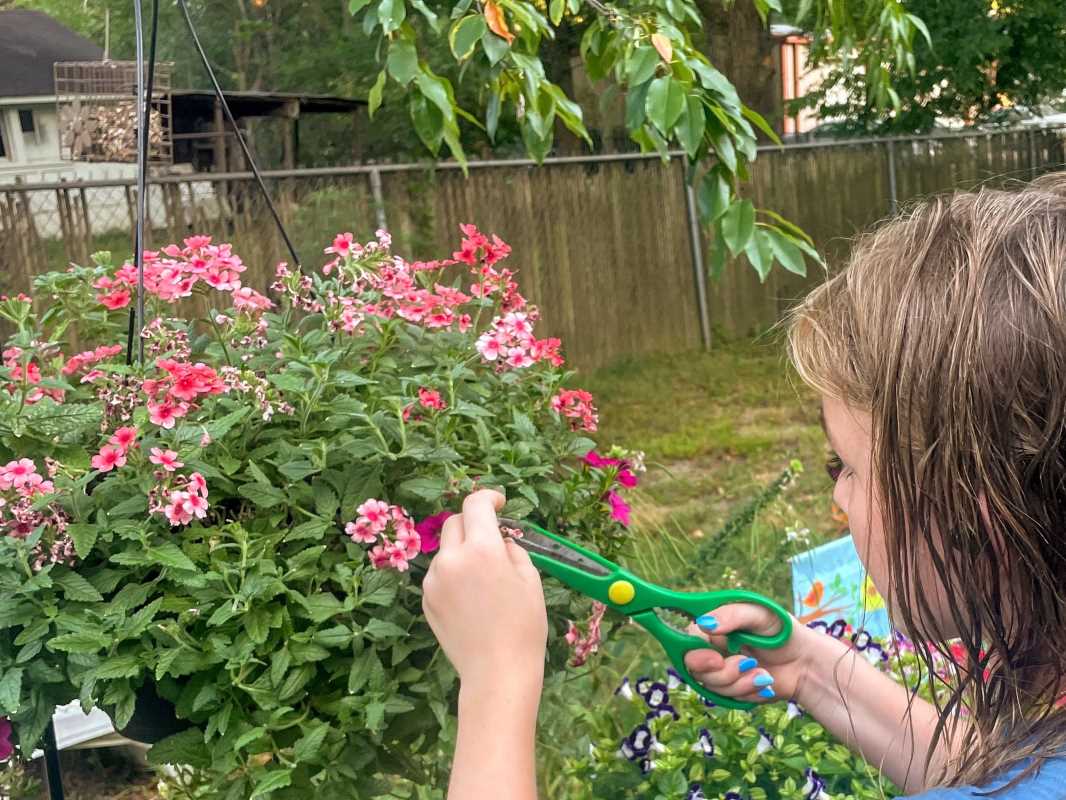Managing family finances doesn't have to be so excruciating—not when you have the whole family involved! By creating a family budget and teaching financial responsibility, you can set your family on a path to a secure financial future. Here's how you can make budgeting a fun and educational experience for both parents and kids!
Set Clear Financial Goals Together
Start by setting specific financial goals that everyone in the family can relate to, like saving for a vacation, building a college fund, or creating an emergency fund. These goals can motivate the whole family and make budgeting a team effort. Involving everyone in the process ensures that each family member understands the importance of these goals and feels invested in achieving them.
Track Income and Expenses as a Family
Tracking where your money comes from and where it goes is essential. Use budgeting tools or apps to make this process easier and more engaging. Make it a family affair by reviewing your income and expenses together, identifying areas where you can save, and deciding as a team where you might cut back. This practice not only improves financial health but also teaches kids valuable lessons about money management.
Develop a Realistic Family Budget
Create a budget that reflects your family's lifestyle and financial goals. Use the 50/30/20 rule as a guideline: allocate 50% of income to needs, 30% to wants, and 20% to savings and debt repayment. Tailor this rule to fit your family's unique needs, ensuring it's realistic and sustainable. Regularly review and adjust the budget to accommodate changes in income or expenses, involving the whole family in discussions and decisions.
Involve Kids in Financial Discussions
Teaching kids about money early on sets the stage for responsible financial habits in adulthood. Involve them in budget talks and decision-making. Show them how you manage money by budgeting, saving, and avoiding impulse buys. Give them small responsibilities, like managing their allowances, to practice these skills. This hands-on approach builds confidence and helps children understand the value of money.
Teach Saving and Investing Basics
Introduce kids to the importance of saving and investing. Encourage them to save a portion of their allowances and consider opening a savings account for them. Discuss the basics of investing, perhaps through a family investment club, where each member chooses a small amount to invest together. This shared experience offers practical learning opportunities and fosters teamwork.
Celebrate Financial Milestones as a Family
Recognize and celebrate when you hit financial milestones. Whether it's reaching a savings goal or sticking to a budget, acknowledging these achievements keeps everyone motivated. Consider a reward system, like a special family outing, to celebrate these successes. This not only reinforces positive habits but also strengthens family bonds through shared accomplishments.
Utilize Financial Tools for Easy Management
Take advantage of financial tools and apps that make budgeting easier. Explore these resources as a family, discussing their benefits and how they can simplify financial management. Consider setting up automatic transfers to savings accounts to make saving a regular habit.
Encourage Smart Spending Habits
Teach your family the difference between needs and wants, and encourage thoughtful spending decisions. Involve kids in discussions about sales and value for money, helping them become conscious consumers. Implementing a "cooling-off" period for non-essential purchases can also be a great way to teach patience and smart decision-making.
Stay Informed About Financial Literacy
Financial education is ongoing. Encourage your family to learn together by reading books, attending workshops, or following financial blogs and podcasts. This shared journey strengthens your family's financial foundation and encourages continuous learning.
By incorporating these practices into your family's financial routine, you can build stronger financial stability while teaching your kids essential money management skills. Remember, consistency, open communication, and adaptability are key. With these strategies, your family can develop healthy financial habits that last a lifetime, ensuring a secure and prosperous future together.
 (Image via
(Image via





